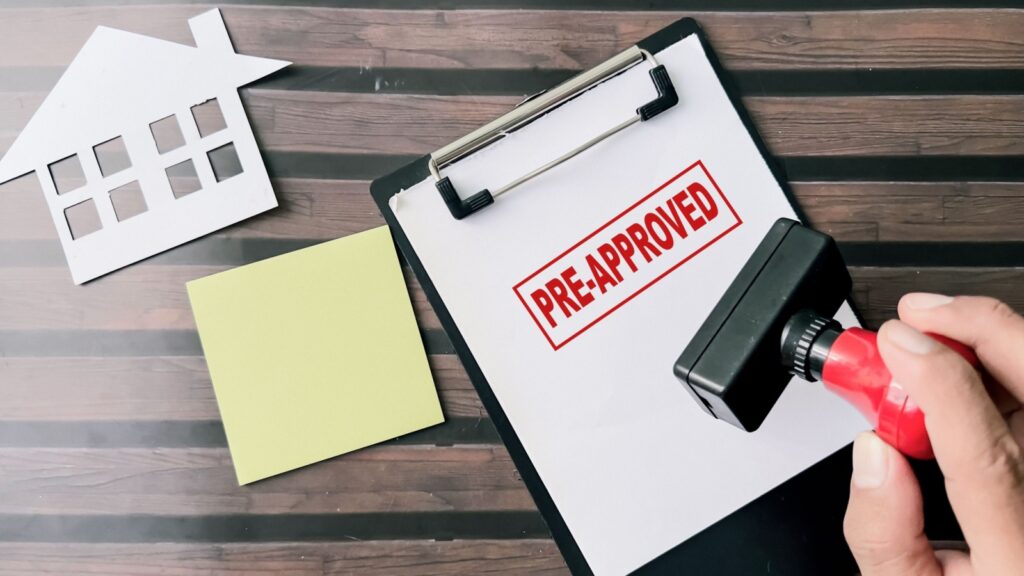Buying a home in Canada is no small step, as it is a commitment that extends far beyond the down payment. Between shifting interest rates, rising property values, and regional differences in affordability, the decision requires more than excitement or impulse. Here are 23 signs you’re financially ready to buy a house in Canada:
You Have a Stable Source of Income

A steady, reliable income is the foundation of homeownership. Lenders want to see that you’ve held consistent employment for at least two years, which signals you can handle regular mortgage payments. If your career path is established, with upward potential or strong long-term prospects, you’re in a better position to secure favorable financing. Beyond satisfying the bank, a stable income also ensures you won’t be forced into tough choices between housing costs and everyday essentials.
Your Debt-to-Income Ratio Is Healthy
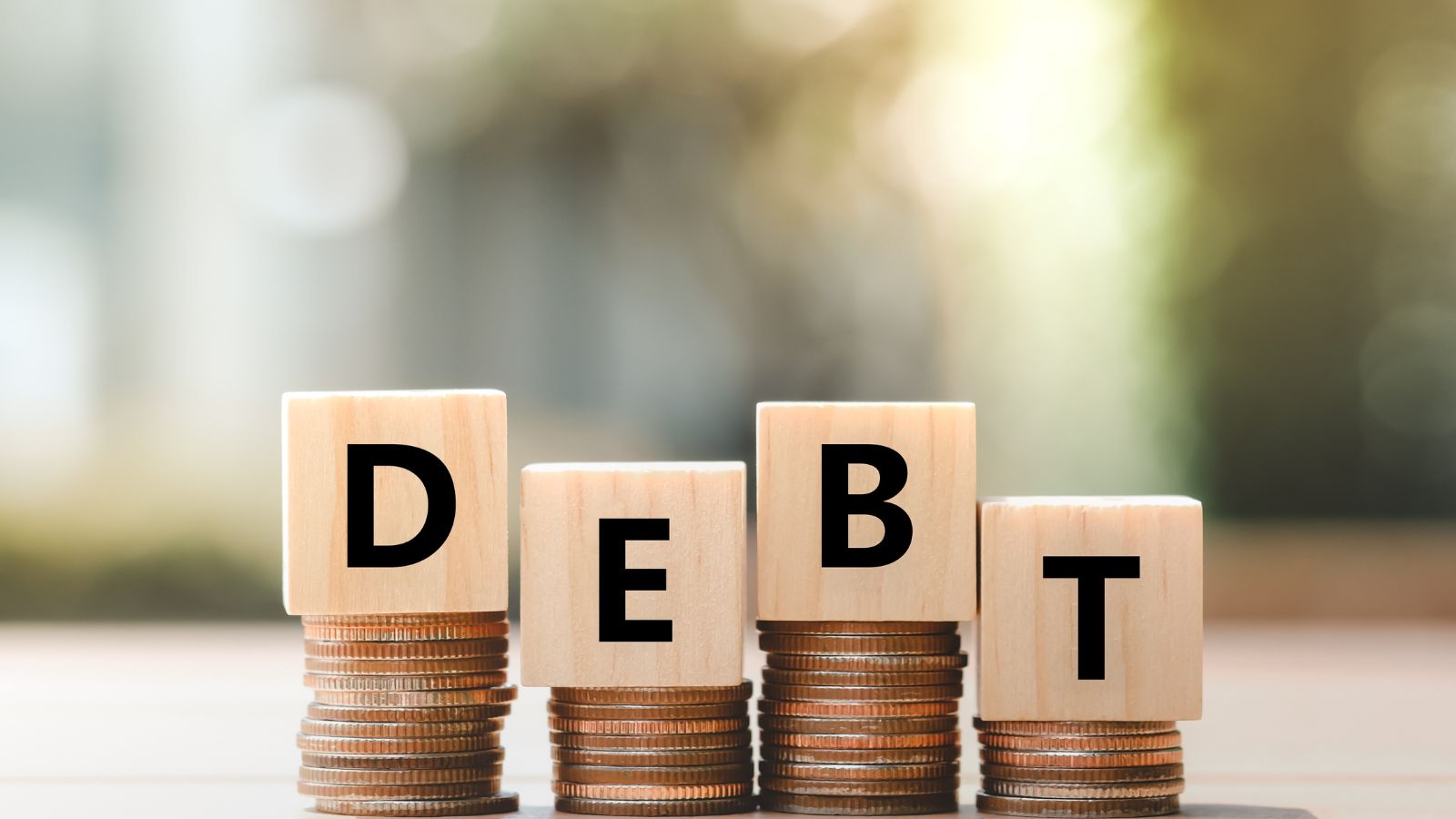
Mortgage lenders assess more than your paycheck. They look closely at your debt-to-income ratio (DTI), and in Canada, keeping your total debt service ratio under 40% is often the threshold for approval. If your student loans, car payments, and credit card balances are under control, you’re in a stronger position to afford monthly mortgage costs. A low DTI not only helps you qualify for better rates but also ensures you won’t feel financially suffocated once property taxes, utilities, and maintenance costs are added to the equation.
You’ve Saved a Sufficient Down Payment

In Canada, the minimum down payment ranges from 5% to 20% depending on the home’s price, but having more than the bare minimum sets you apart. A larger down payment reduces your monthly mortgage payments and may eliminate costly CMHC mortgage insurance. It also signals that you’ve built strong financial discipline and can weather the ongoing responsibilities of ownership. Saving up this lump sum takes time, but if you’ve crossed this hurdle without draining emergency funds, it’s one of the clearest signs you’re financially ready to buy.
Your Credit Score Is in Good Shape

Lenders use your credit score as a benchmark for financial reliability. In Canada, a score above 680 often qualifies you for the best mortgage rates, while higher scores open even more favorable terms. If you’ve consistently paid bills on time, kept credit utilization low, and avoided unnecessary debt, it shows you’re disciplined and responsible with money. A strong credit profile not only saves you thousands over the life of your mortgage but also means less stress during the approval process.
You Have a Solid Emergency Fund
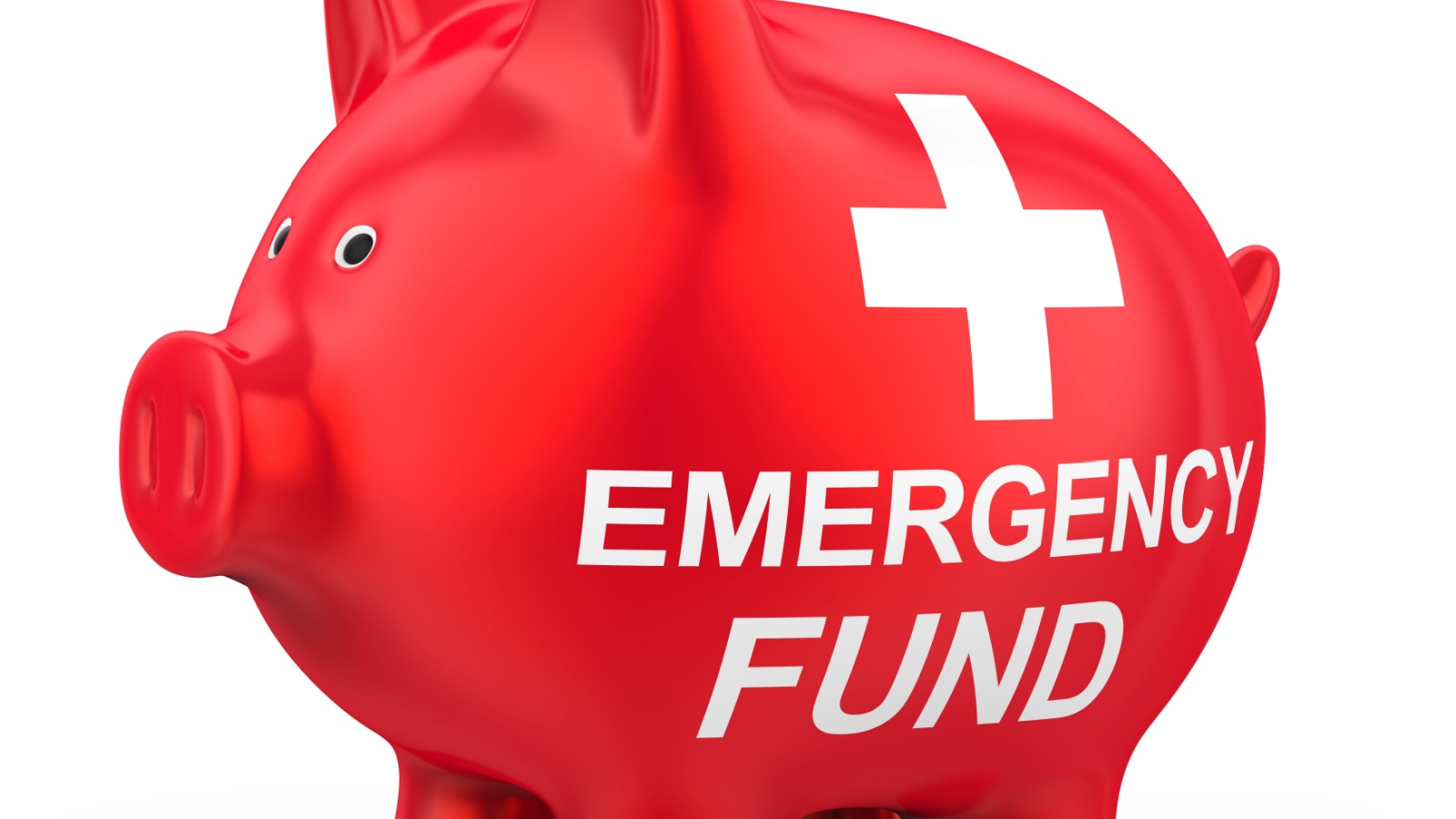
Owning a home means dealing with surprises like a leaky roof, a broken furnace, or sudden job loss. If you have built a three-to-six-month emergency fund, you won’t need to rely on credit cards or loans to handle unexpected expenses. This safety net gives you confidence and flexibility, ensuring your financial stability won’t unravel after moving in. Lenders see it as an added sign of responsibility. Without an emergency fund, even a minor setback could make homeownership stressful.
You’ve Budgeted for Closing Costs
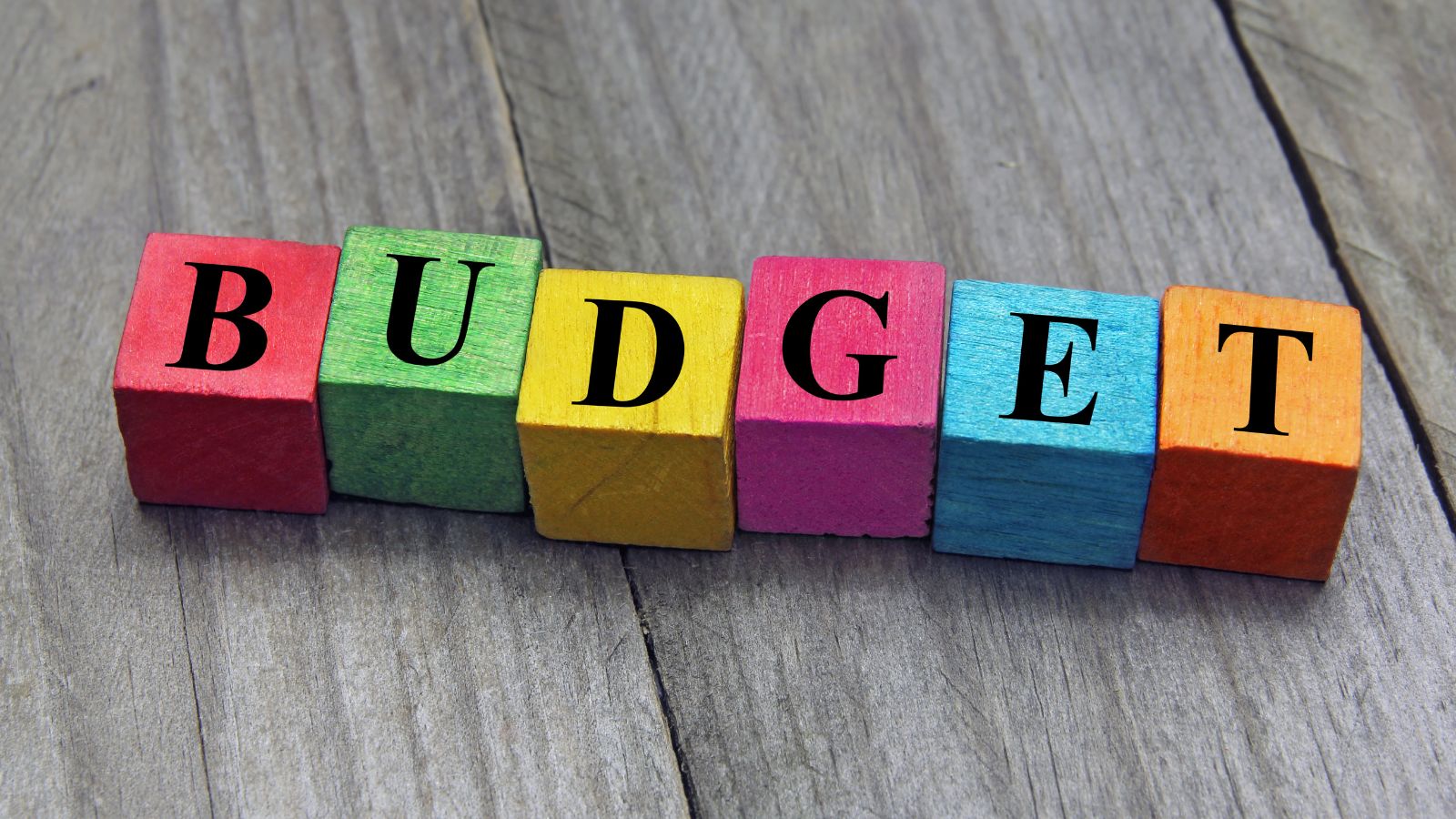
Many first-time buyers overlook the additional expenses beyond the down payment. In Canada, closing costs can run between 2% and 4% of the home’s purchase price, covering things like land transfer taxes, legal fees, home inspections, and title insurance. If you’ve accounted for these and have the money set aside, it shows you’ve prepared for the whole picture, not just the sticker price. Buyers who skip this step often find themselves scrambling for last-minute funds, while having closing costs budgeted is a sign of true readiness.
You Can Comfortably Afford Monthly Payments
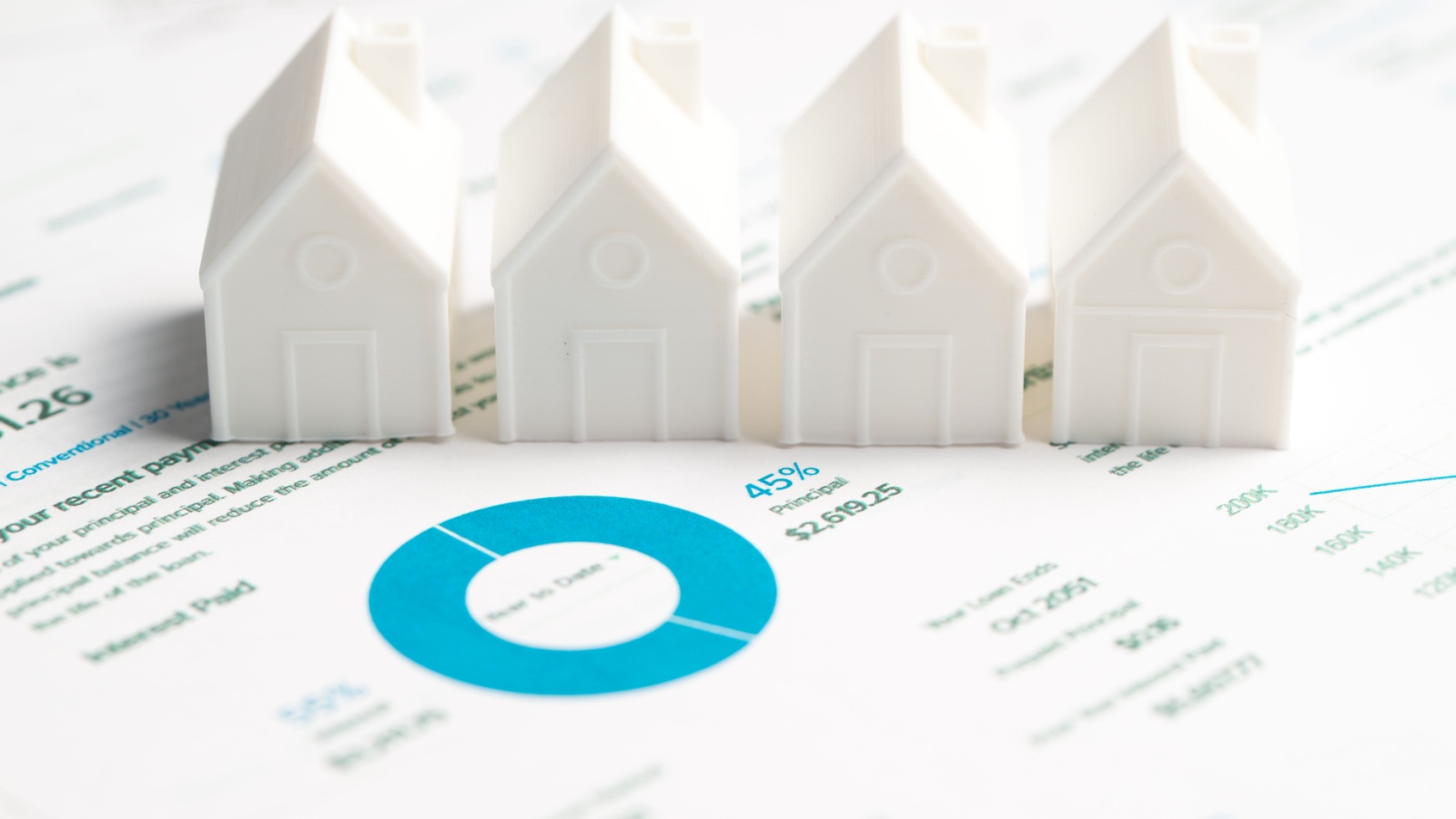
Being house poor is one of the biggest mistakes Canadian buyers make. If your projected mortgage, property taxes, utilities, and maintenance add up to less than 30-35% of your gross income, you’re in safe territory. More importantly, if you’ve tested this budget by living below your means already, you know you can sustain it. Homeownership isn’t about stretching to the maximum, but about ensuring you can cover the costs without sacrificing other life goals.
You’ve Cleared or Reduced High-Interest Debt
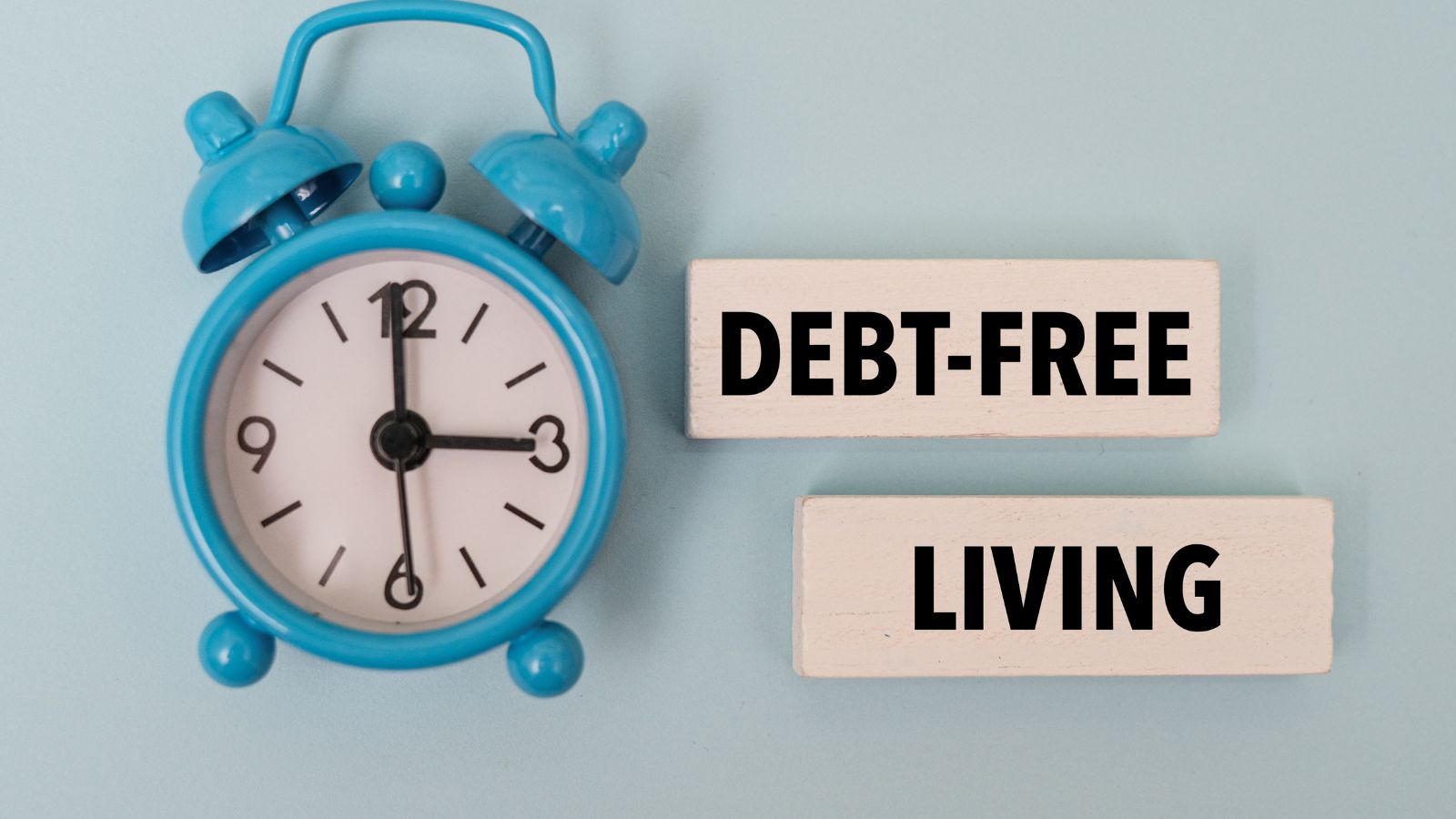
Carrying high-interest debt like credit cards is a red flag before buying a house. Mortgage lenders will take notice, and more importantly, it can severely limit your monthly flexibility once you own a home. If you’ve aggressively paid down high-interest balances or eliminated them entirely, it shows that you are disciplined and financially responsible. It also frees up room in your budget for the unpredictable costs of ownership.
You’ve Considered Property Taxes and Insurance
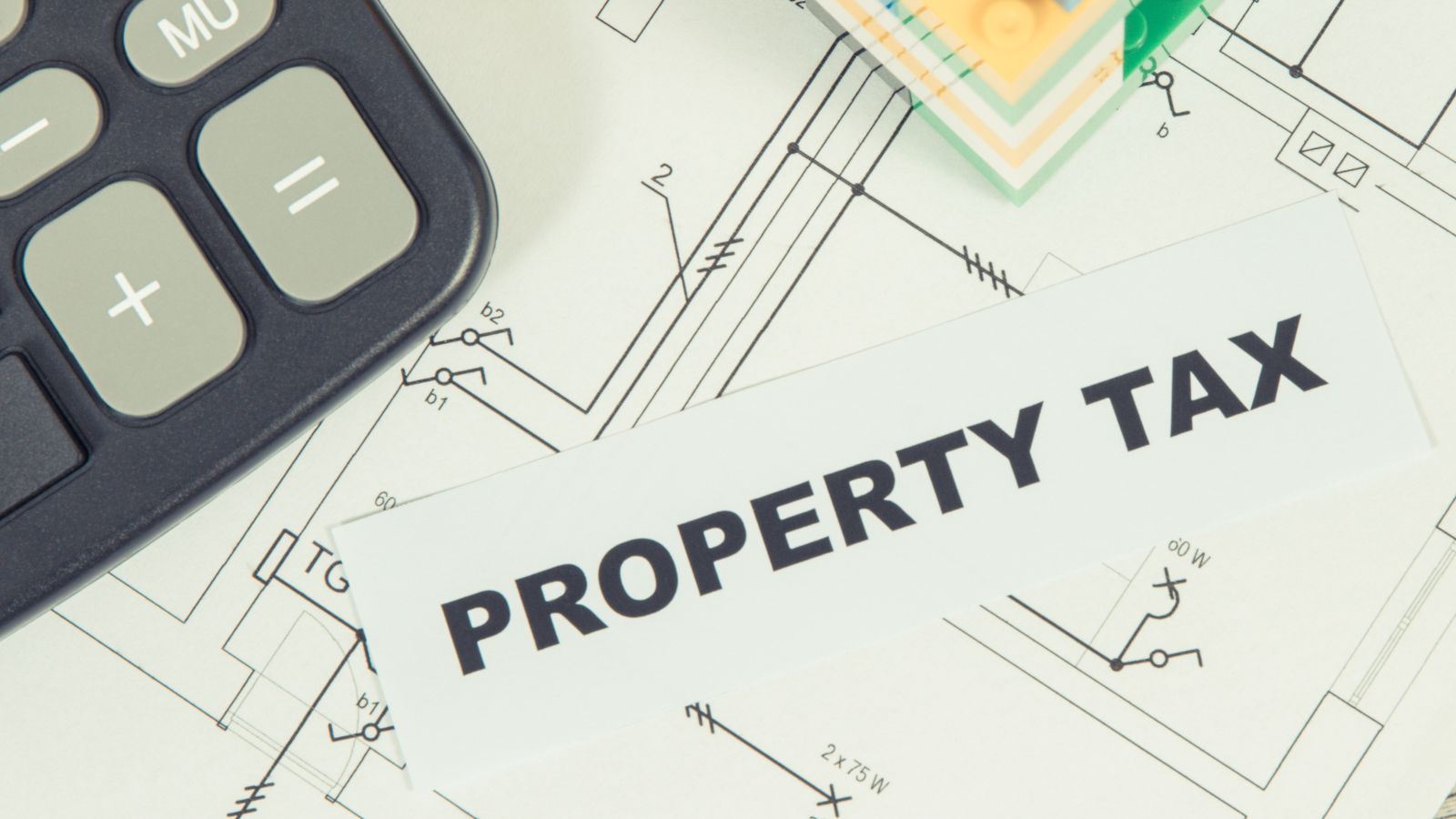
Many first-time buyers underestimate the cost of homeownership by ignoring ongoing obligations like property taxes and insurance. These aren’t optional, and they can add hundreds or even thousands per year depending on location. If you’ve already factored them into your monthly budget, you’re ahead of the game, and understanding these recurring costs ensures your purchase won’t turn into a financial strain. It also signals to lenders that you’ve taken a realistic approach.
You’re Not Relying on Future Raises or Windfalls

A common mistake among eager buyers is assuming future promotions, bonuses, or inheritances will make homeownership easier. If you’re financially ready, your budget already works based on today’s income and savings. This means that you can afford your mortgage comfortably without gambling on uncertain raises or windfalls. Planning this way shows financial maturity and protects you against disappointment if those expectations don’t materialize. A home should enhance your financial stability, not depend on risky assumptions.
You’ve Researched Mortgage Options Thoroughly

If you’ve taken the time to compare lenders, understand fixed versus variable rates, and look into mortgage terms beyond just the interest rate, you’re ahead of many buyers. Canadians who shop around often save thousands over the lifetime of their mortgage, and doing this homework signals that you are making an informed decision rather than rushing in. It also shows you’re thinking long-term and that you understand how prepayment options or penalties could affect you down the road.
You Have a Long-Term Living Plan

Buying a house isn’t just about affording the purchase, but also about staying put long enough to make it worthwhile. If your lifestyle, career, and family plans align with living in one place for at least five years, you’re better positioned financially. Frequent moving can eat up equity with closing costs, realtor commissions, and land transfer taxes, while a long-term plan stabilizes your investment and ensures you’re building wealth instead of eroding it. If you’ve thought through your future and it matches homeownership, it is a strong financial signal that you are ready.
You’re Already Saving for Retirement

Owning a home shouldn’t come at the expense of your retirement future. If you’re contributing consistently to RRSPs, TFSAs, or pensions, and homeownership won’t derail that, you’re on stable ground. Many Canadians make the mistake of pouring everything into a mortgage and neglecting retirement savings, only to regret it later. If you’ve balanced both priorities successfully, it shows you’re financially disciplined and thinking long-term. Buying a home should complement your retirement strategy, not replace it.
You’re Prepared for Maintenance Costs

Unlike renting, homeownership means every repair is on you. From replacing shingles to fixing plumbing, maintenance costs can average 1% to 3% of the home’s value annually. If you’ve budgeted for this, or better yet, set aside a dedicated maintenance fund, you’ve demonstrated a full understanding of ownership responsibilities. Many buyers overlook this reality and end up house-poor.
You’re Comfortable With Interest Rate Fluctuations
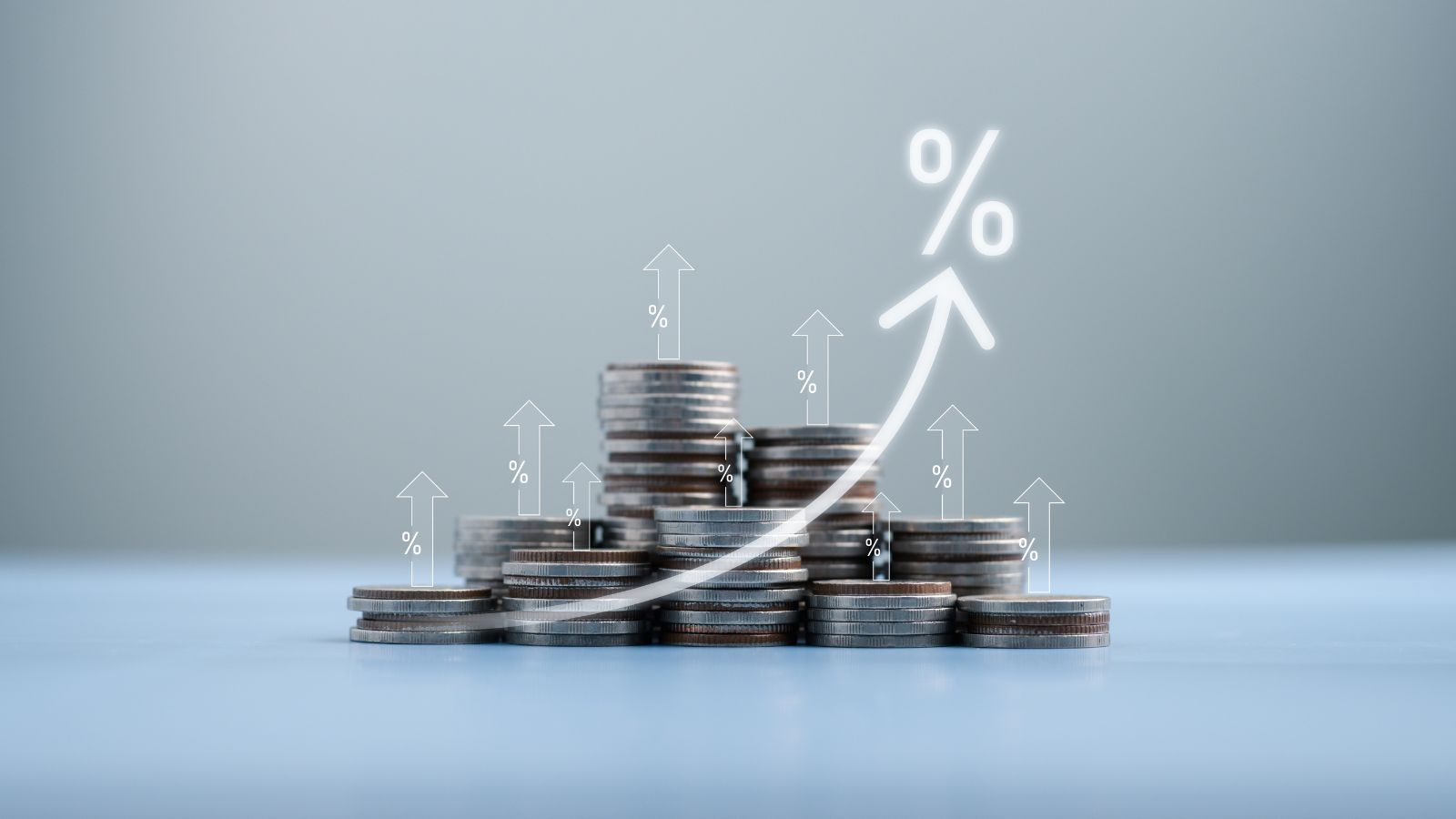
Canadian mortgages often renew every five years, and interest rates can change significantly. If you’ve stress-tested your budget to handle potential increases, you’re showing financial foresight. Too many buyers get caught when rates rise, forcing them into difficult decisions. Being comfortable with possible fluctuations means you’re not overextending yourself and that your finances can absorb adjustments without panic. If you’ve looked at scenarios beyond today’s rate and still feel confident, it’s a strong indicator you’re ready to take on a mortgage responsibly.
You’re Pre-Approved for a Mortgage
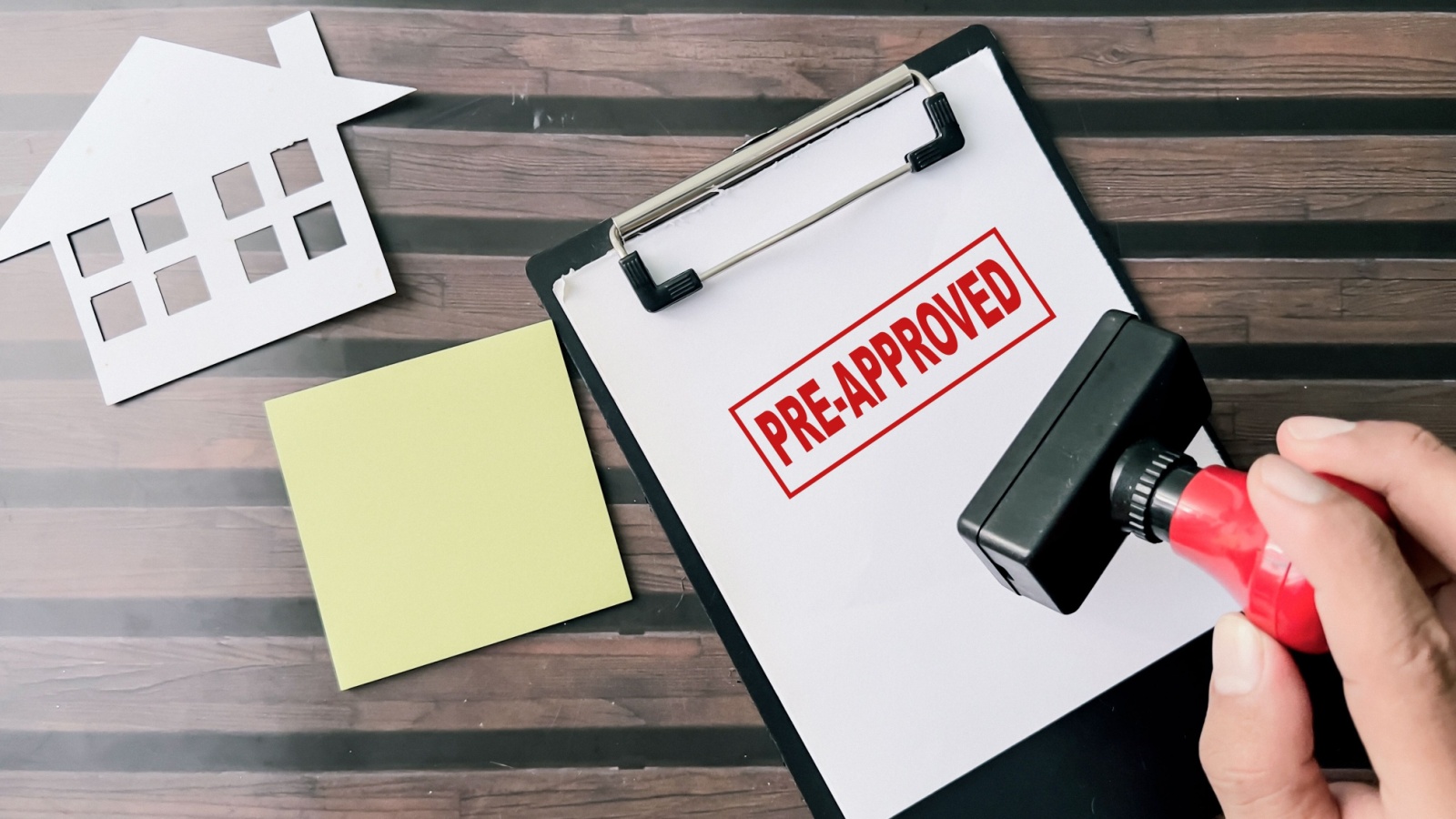
A pre-approval from a lender is paperwork and proof that your finances meet the criteria for homeownership. If you’ve been pre-approved, it shows your credit, income, and debt load are in order, but more importantly, it sets realistic expectations for what you can afford, preventing you from wasting time or overreaching. Pre-approval also signals to sellers that you’re serious, often giving you an edge in competitive markets. If you’ve reached this stage, it’s one of the clearest indicators you’re financially ready to buy.
You’re Not Depending on Family Assistance

There’s nothing wrong with receiving help from parents or relatives, but relying entirely on family gifts or loans for a down payment can be risky. If you’ve built your savings independently or could still afford the purchase without outside help, it shows financial independence. Lenders and sellers often look more favorably on buyers who stand on their own. More importantly, you’ll know you can manage the costs after moving in without needing ongoing support, as self-sufficiency is one of the strongest signals you’re truly ready.
You’ve Planned for Lifestyle Stability

Buying a home is a lifestyle choice as much as a financial one. If you’ve already considered the impact on commuting, childcare, school zones, and daily living expenses, you’re showing foresight beyond just dollars. Many Canadians rush into ownership without factoring in how lifestyle changes will affect their budget. Still, if you’ve mapped out these adjustments and confirmed they fit within your financial plan, you’re ready and prepared for the realities of ownership. This acts as another clear marker of financial maturity and readiness.
You’re Comfortable Sacrificing Some Flexibility

Homeownership ties you down more than renting. If you’re financially and mentally ready to trade some flexibility for stability, it’s a sign you’ve matured into the responsibilities of ownership. You understand that while traveling, spontaneous moves, or lifestyle splurges may take a backseat, the long-term payoff is equity and security. Being honest about these trade-offs and having the financial discipline to accept them shows you’re ready to handle the weight of ownership without resentment.
You’ve Accounted for Moving and Furnishing Costs

The costs don’t stop once you close on a house, as moving expenses, new furniture, appliances, and small upgrades can add up quickly. If you’ve set aside extra funds for these necessities without eating into your emergency fund, you’re showing actual financial preparedness. Many buyers deplete their accounts for the down payment, only to find themselves stressed by the subsequent post-purchase expenses. If your savings plan covers the whole journey from moving truck to settled living, you’re ready for homeownership without stretching yourself too thin.
You’re Confident Without Stretching Your Budget

One of the clearest signs you’re financially ready is confidence and knowing you can handle homeownership without overextending. If your numbers work, your savings are intact, and you won’t feel stressed every month paying the bills, you’ve built a safe path forward. Buying within your means ensures homeownership enhances your life rather than straining it. Confidence comes from preparation, discipline, and balance, and not from luck.
You’re Comfortable with Long-Term Debt

Buying a house is often the biggest financial commitment of your life, with mortgages stretching 20 to 30 years. If you’re mentally and financially ready to take on long-term debt, and you understand how interest works over decades, you’re in a good place to buy. Canadians who approach homeownership with realistic expectations about repayment schedules, interest fluctuations, and budgeting discipline are far less likely to feel house poor. Comfort with long-term debt means you see your mortgage not as a burden, but as a wealth-building tool over time.
You’ve Planned for Lifestyle Adjustments

Owning a home isn’t just about affording the mortgage, as it changes your lifestyle. From giving up frequent vacations to handling home repairs on weekends, being ready for those shifts is a big indicator that you’re financially prepared. Canadians who account for trade-offs like fewer luxuries, higher utility bills, or commuting costs have a stronger chance of thriving as homeowners. If you’ve already factored these adjustments into your budget and daily life, it’s a clear sign you’re ready for the realities of homeownership, not just the dream.
21 Products Canadians Should Stockpile Before Tariffs Hit

If trade tensions escalate between Canada and the U.S., everyday essentials can suddenly disappear or skyrocket in price. Products like pantry basics and tech must-haves that depend on are deeply tied to cross-border supply chains and are likely to face various kinds of disruptions
21 Products Canadians Should Stockpile Before Tariffs Hit
